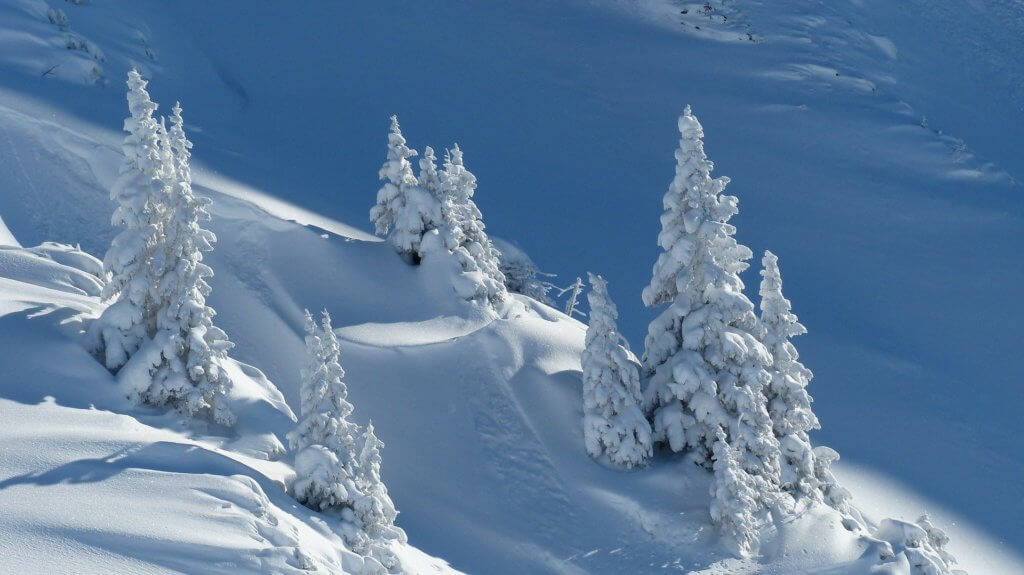Podcast: Play in new window
BOB HIRSHON (host):
The color of H2O. I’m Bob Hirshon and this is Science Update.
Listener Jim Pomeroy from Arlington, Virginia, asks why snow is white when water and ice are clear. Well, Jim, it has to do with surfaces. A light beam passing through a tank of water or nearly perfect block of ice encounters one smooth surface going in and one smooth surface going out, so it moves in a relatively straight line, and the material appears clear. But according to Virginia Tech chemist Joe Merola, a beam passing through a snowflake encounters lots of little, rough surfaces.
JOE MEROLA (Virginia Tech):
And so when light hits it, that light does not pass through, that light does not nicely reflect off like a mirror, but that light gets scattered all over the place and we see that as an opaque white.
HIRSHON:
Got a science question? Then call us 1-800-why-isit. If we use it, we’ll send you a Science Update mug. I’m Bob Hirshon, for AAAS, the science society.
Story by Science Update staff

